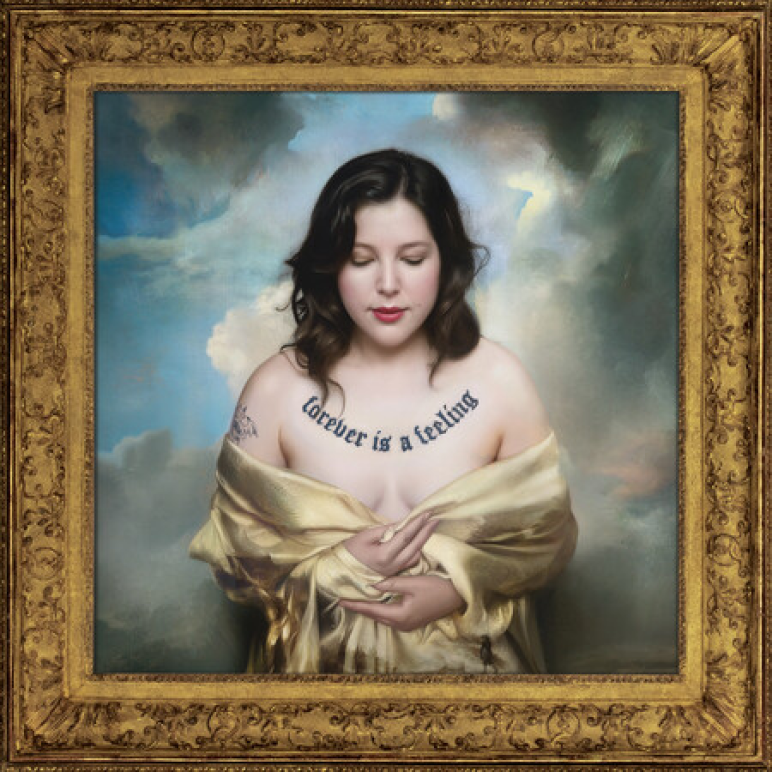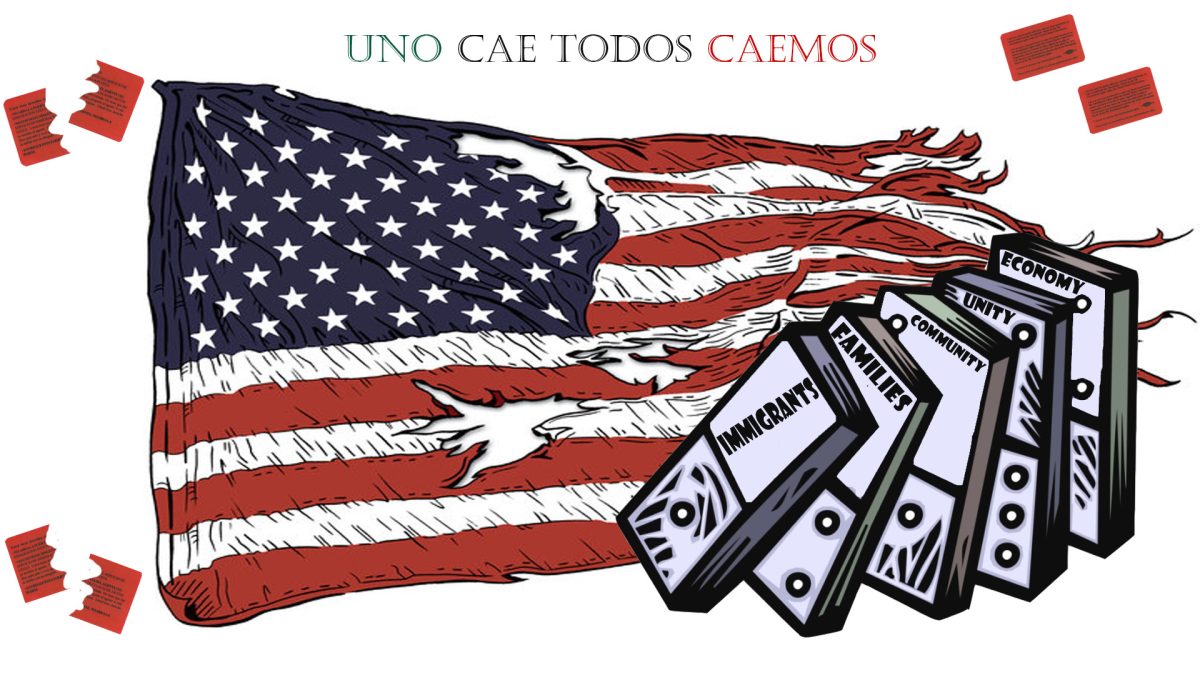Artist of the Month: King Princess
Mikaela Straus, better known as pop singer King Princess, is the first artist to be signed to Mark Ronson’s record label Zelig Records.
April 27, 2019
American singer-songwriter Mikaela Straus, best known by her stage name King Princess, proves that all good things come with time with a new, complex approach to pop music.
Straus first made her big debut on the pop scene with sappy single “1950” under the category of indie-pop in early March of 2018. However, it wasn’t until former One Direction frontman Harry Styles tweeted out lyrics from the song, “I love it when we play 1950,” that her music gained clout around the country. After the Tweet gained traction, Straus released a five-track EP titled “Make My Bed.”
She was shocked to have even been noticed by Styles and in an interview with Harper’s Bazaar, stated that she was glad that Styles was encouraging youth to listen to more queer artists and that she herself didn’t have many gay celebrities to idolize in her youth. Soon after conducting the interview, the singer’s international tour commenced in November of 2018 in Australia, later spreading to New Zealand and Canada.
Straus grew up in New York frequently visiting her father, Oliver Straus, at his recording studio Mission Sound. Growing up in the creative environment allowed Straus to develop a deep love and appreciation for the recording and producing of music at a young age.
At the mere age of 11, Straus was offered a record deal but after strong consideration, chose to turn it down. She attributes this decision to producers’ tendencies to warp the original sound of artists. Still, she says, her love for music remained constant.
After high school, Straus attended the USC Thornton School of Music for a year before leaving to pursue her passion for music full time. She later signed a contract with British-born producer Mark Ronson, notable for working with singers like Lady Gaga and Miley Cyrus, becoming the first artist signed to Zelig Records, an imprint of Columbia Records.
What makes Straus stand out among today’s generic, oversaturated pop genre is her approach to combatting homophobia in the music industry through her unapologetic, overtly queer lyric-writing.








